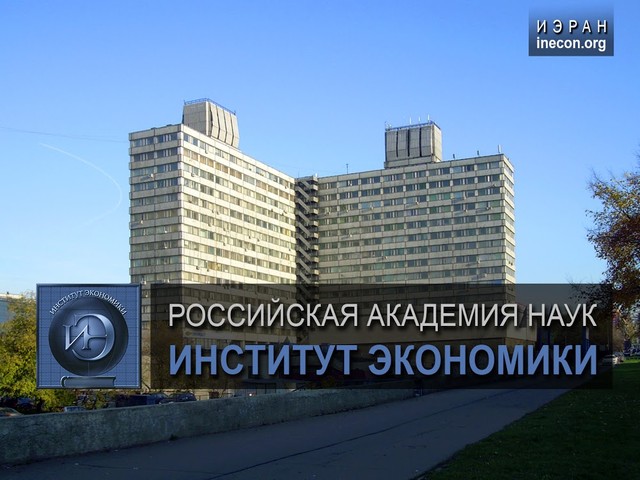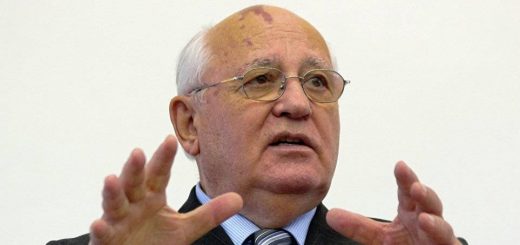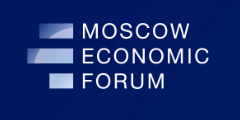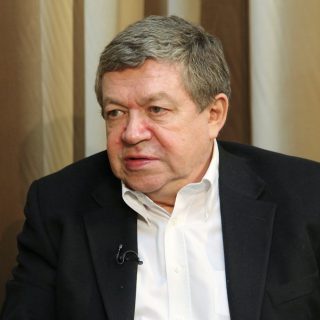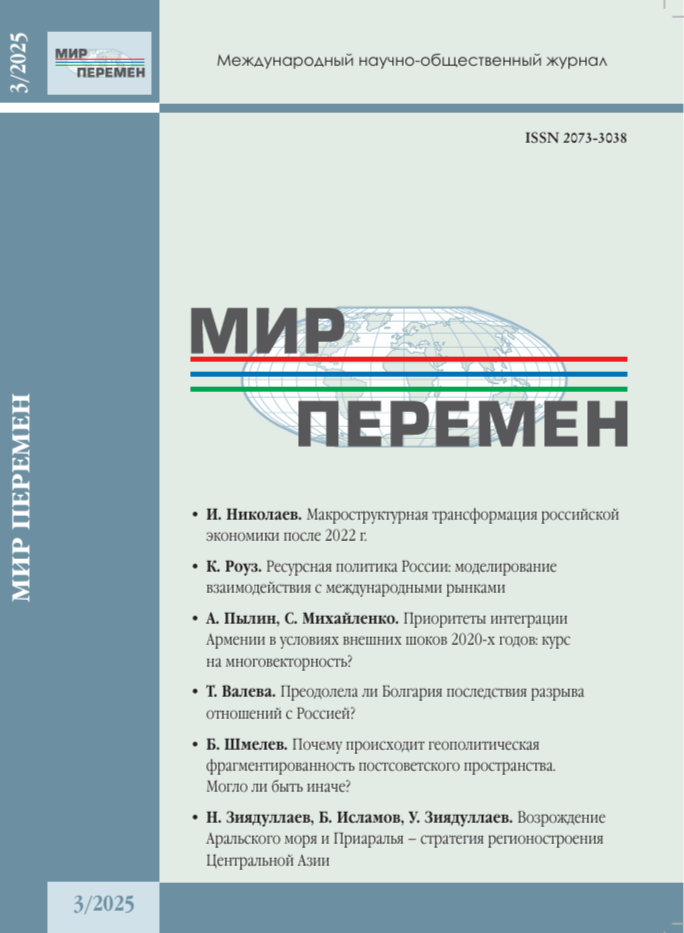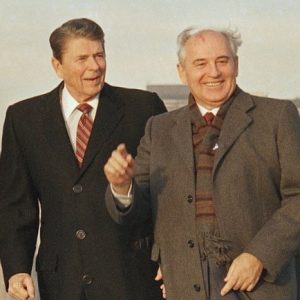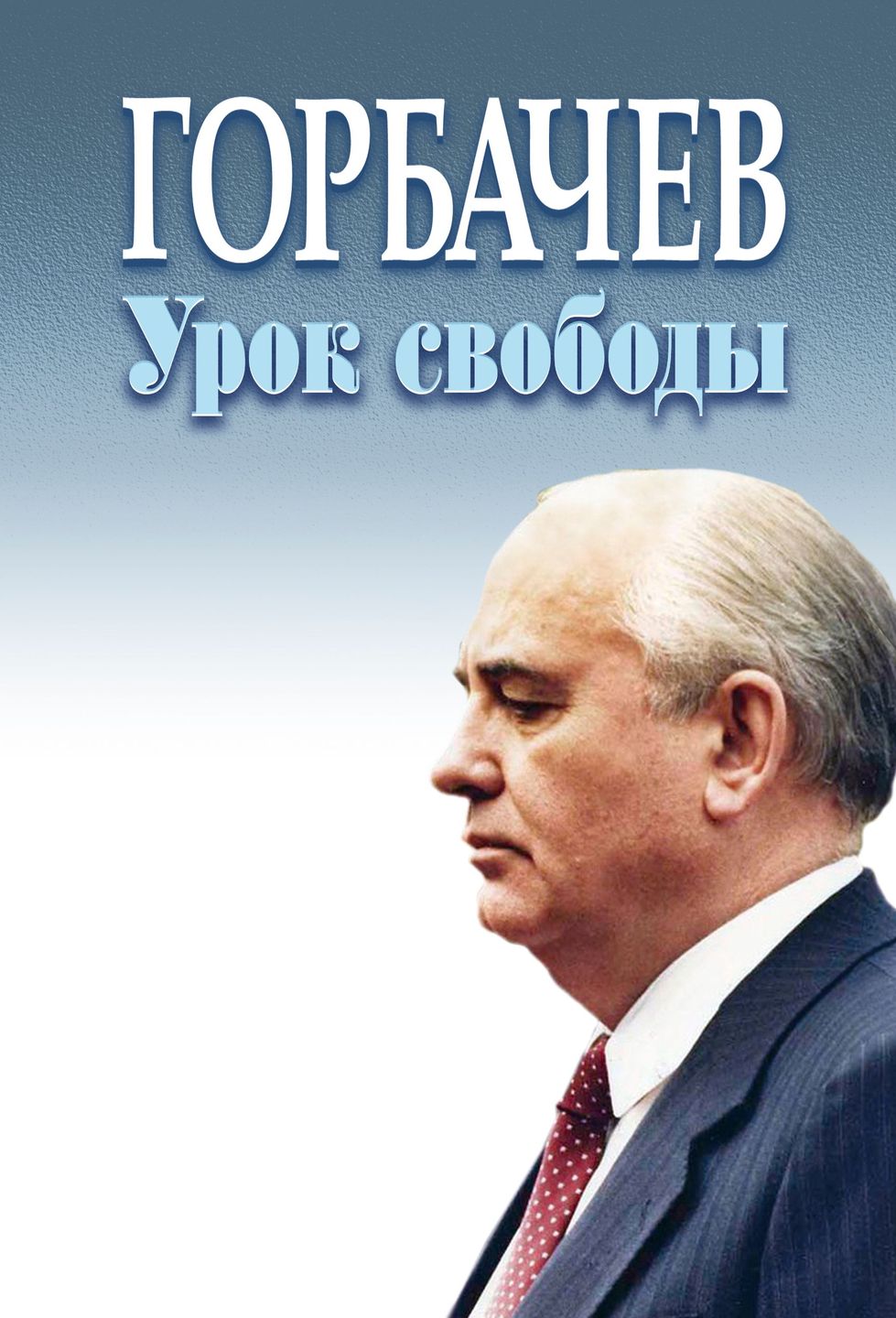Мир Перемен. 2024. № 3
А. Пылин. Станет ли ЕАЭС центром Большого Евразийского партнерства?
Евразийский экономический союз (ЕАЭС), договор о создании которого был подписан в мае 2014 г., во многом стал следствием мирового финансово-экономического кризиса и реакцией стран региона на свою уязвимость перед внешними (глобальными) шоками. В то же время усиление конкуренции на постсоветском пространстве со стороны внерегиональных участников, прежде всего ЕС и КНР, также стимулировало страны сделать интеграционный выбор.
За прошедшие десять лет ЕАЭС состоялся не только как международная организация региональной интеграции, но и продемонстрировал позитивные интеграционные эффекты для стран-участниц и устойчивость к внешним шокам. В ближайшие годы ставится задача превращения ЕАЭС в один из экономических центров формирования Большого Евразийского партнерства. Однако реализация этой задачи будет зависеть от дальнейшей консолидации этого интеграционного объединения и его адаптивности к процессам геоэкономической фрагментации.
Ключевые слова: ЕАЭС, Большое Евразийское партнерство, интеграция, экономика, внешние шоки, санкции, геоэкономическая фрагментация, торговля и инвестиции.
УДК: 339.924
EDN: KDQUZD
DOI: 10.51905/2073–3038_2024_3_60
Артем Геннадьевич Пылин – кандидат экономических наук, доцент, ведущий научный сотрудник ИЭ РАН (г. Москва).
A. Pylin. Will the EAEU Become the Center of the Greater Eurasian Partnership?
Annotation. The Eurasian Economic Union (EAEU), the agreement on the establishment of which was signed in May 2014, was largely a consequence of the global financial and economic crisis and the reaction of the countries of the region to vulnerability to external (global) shocks. At the same time, increased competition in the post-Soviet space from non-regional participants (primarily the EU and China) also stimulated countries to make integration choice. Over the past ten years, the EAEU has been established not only as an international organization of regional integration, but also demonstrated positive integration effects for the participating countries and its resistance to external shocks. In the coming years, the task is to turn the EAEU into one of the economic centers for the formation of the Greater Eurasian Partnership. However, the implementation of this task will depend on the further consolidation of this integration association and its adaptability to the processes of geoeconomic fragmentation.
Keywords: EAEU, Greater Eurasian Partnership, integration, economy, external shocks, sanctions, geoeconomic fragmentation, trade and investment.
Artem G. Pylin – Cand. Sci. (Econ.), Associate Professor, Leading Researcher at the Institute of Economics of the Russian Academy of Sciences, (Moscow).

